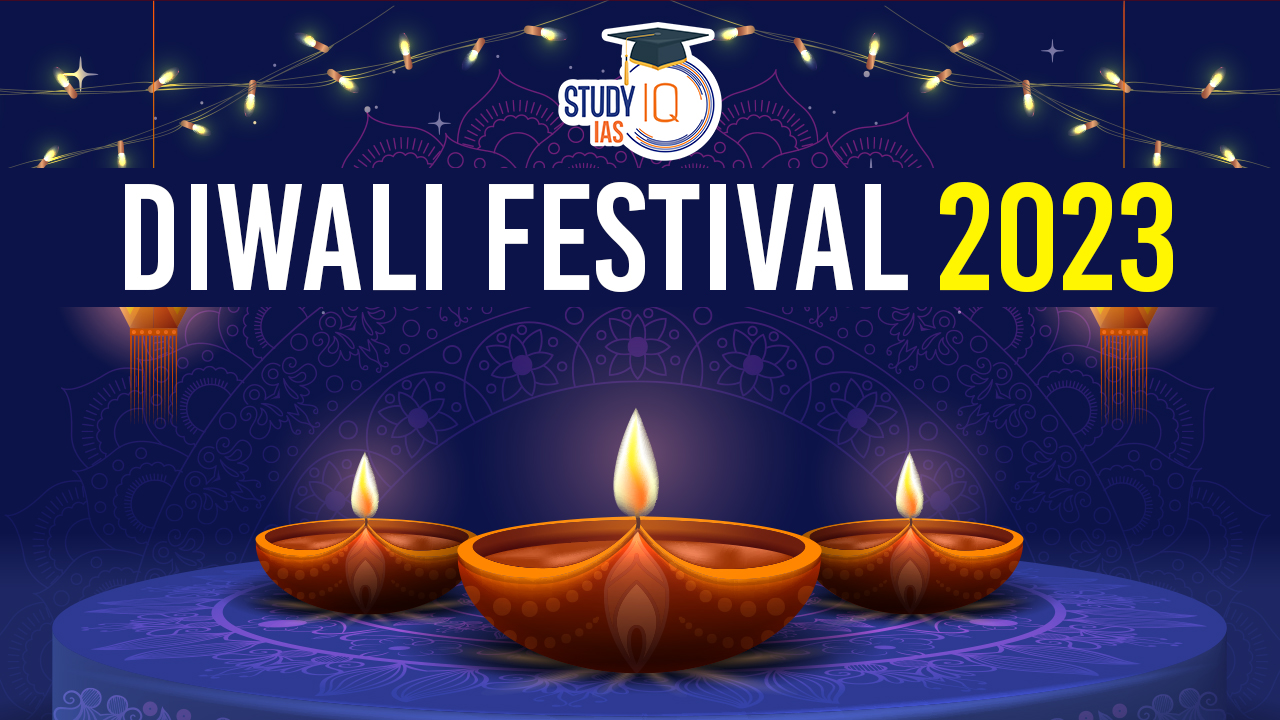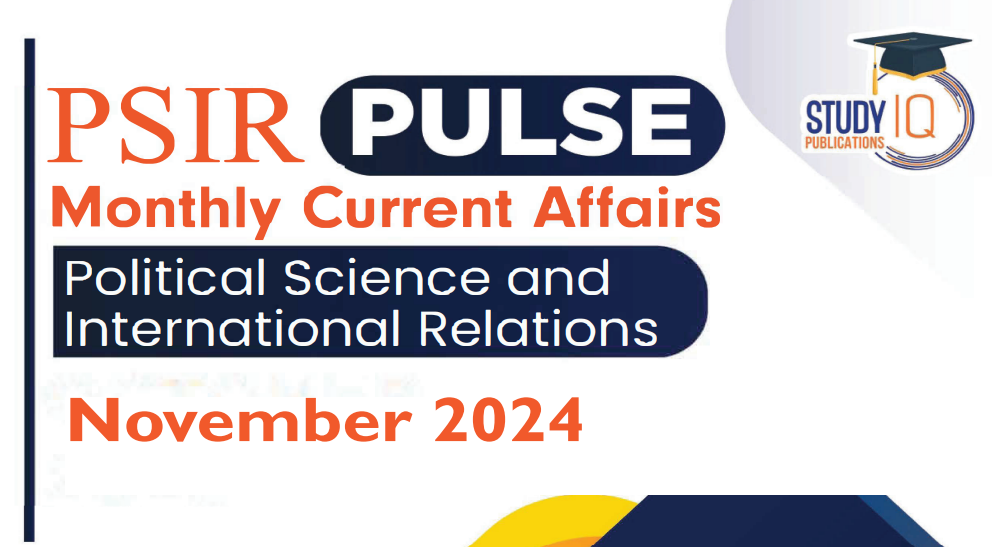Table of Contents
Diwali is a Hindu festival of lights that symbolizes the triumph of light over dark, good over evil, and knowledge over ignorance. The name comes from the Sanskrit term Deepavali, meaning “row of lights”. Diwali is a five-day celebration observed in the Hindu lunisolar months of Ashvin and Kartika (mid-October to mid-November). This year the festival of lights or Diwali Festival will celebrate on Sunday, November 12, 2023.
Diwali Festival 2023 in India
Deepawali, the Festival of Lights and Lamps, is one of the foremost Hindu celebrations observed with immense enthusiasm throughout the nation. It is a jubilant occasion filled with joy and happiness. As per the Drik Panchang, Diwali is commemorated on the Amavasya Tithi in the month of Kartik. In 2023, the Hindu community eagerly anticipates the Festival of Lights, which will brighten the skies on November 12th.
Diwali 2023 Date
Diwali or Deepawali, the festival of lights, will be celebrated in India on Sunday, November 12, 2023. This year, Diwali falls on the new moon day of the Hindu month of Kartik.
We’re now on WhatsApp. Click to Join
Diwali Festival and Lakshmi Puja
Diwali, known as the “Festival of Lights,” is one of the most significant and widely celebrated festivals in India. It typically spans five days and falls in the Hindu luni-solar month of Kartik. Diwali is associated with themes of happiness, wealth, prosperity, and the triumph of light over darkness. It is rooted in various legends, including Lord Rama’s return to Ayodhya after defeating Ravana and the Pandavas’ return after exile.
Lakshmi Puja
Central to the Diwali celebrations is the worship of Goddess Lakshmi, the Hindu goddess of wealth and prosperity. Lakshmi Puja typically occurs on the third day of Diwali. Devotees clean and decorate their homes, light diyas (oil lamps), and perform rituals to invoke the blessings of Goddess Lakshmi. The belief is that she visits homes on this auspicious day, bringing health, wealth, and prosperity to those who worship her with devotion. The exchange of gifts and sweets is also a common practice during this time.
Check here: Dussehra Festival
Important Days of Diwali Festival
Diwali is a time of joy, celebration, and reflection. It is a reminder of the importance of light, hope, and the strength of the human spirit. Diwali festival is celebrated over five days, with each day having its own significance. Here is the significance of the important days of Diwali:
- Dhanteras: This is the first day of Diwali and is dedicated to Lord Dhanvantari, the god of Ayurveda.
- Naraka Chaturdashi (Choti Diwali): This is the second day of Diwali and is dedicated to the defeat of the demon Narakasura.
- Lakshmi Puja: This is the third day of Diwali and is dedicated to the worship of Goddess Lakshmi.
- Annakut: This is the fourth day of Diwali and is a time to celebrate the harvest and to give thanks for the year’s bounty.
- Bhai Dooj: This is the fifth and final day of Diwali and is dedicated to the bond between brothers and sisters.
What is an Eco-Friendly Diwali?
Eco-Friendly Diwali, also known as Green Diwali or Green Deepavali, is an environmentally conscious approach to celebrating the traditional festival of Diwali in a sustainable and eco-friendly manner. This movement encourages people to reduce the adverse environmental impact of Diwali celebrations, particularly the pollution caused by firecrackers.
Check here: SC Bans Firecrackers in India
Eco-Friendly Diwali Initiative
The Eco-Friendly Diwali Initiative is a campaign that promotes sustainable and environmentally conscious practices during the Diwali festival. It aims to reduce the environmental impact of the festival, which is often associated with increased pollution from fireworks and other activities.
Key objectives of the Eco-Friendly Diwali Initiative:
- Reduce air and noise pollution caused by fireworks
- Minimize waste generation from decorations and packaging
- Promote energy conservation and sustainable lighting options
- Encourage the use of eco-friendly products and gifts
- Raise awareness about environmental issues and promote responsible celebrations
Here are some key aspects of Eco-Friendly Diwali:
- Reducing Firecrackers: A primary focus is on minimizing or completely avoiding the use of firecrackers, which are a major source of noise and air pollution during Diwali.
- Sustainable Decorations: Using eco-friendly and biodegradable materials for decorating homes, creating rangoli designs, and avoiding the use of plastic decorations.
- Energy-Efficient Lighting: Opting for LED lights, which consume less energy and have a lower environmental footprint compared to traditional lighting.
- Minimal Waste Generation: Reducing waste production by avoiding excessive packaging, disposable items, and single-use plastics.
- Charitable Acts: Promoting acts of charity and philanthropy during Diwali, such as helping the less fortunate and making donations to support their celebrations.
- Cultural and Traditional Celebrations: Emphasizing the cultural and traditional aspects of Diwali, such as family gatherings, prayers, and festive meals, while minimizing the emphasis on firecrackers.
History of Diwali Festival
- Diwali, a five-day festival, has its origins in the Indian subcontinent, likely evolving from ancient harvest celebrations.
- Early Sanskrit texts, such as the Padma Purana and Skanda Purana from the 1st millennium CE, make mention of Diwali.
- Diwali features diyas (lamps) that symbolize parts of the sun, signifying the cosmic source of light and energy transitioning with the Hindu calendar month of Kartik.
- Emperor Harsha, in the 7th-century play Nagananda, referred to Diwali as “Dīpapratipadotsava,” highlighting the lighting of lamps and gift-giving to newly engaged couples.
- In the 9th-century Kavyamimamsa, Rajasekhara mentioned Diwali as Dipamalika, describing the tradition of whitewashed homes and illuminated streets.
- Travelers like Al Biruni and Niccolò de’ Conti documented Diwali celebrations in India, with the latter noting the use of countless oil lamps in homes and temples.
- Domingo Paes reported Diwali’s celebration in the Vijayanagara Empire in the 16th century, with families illuminating their homes and temples.
- Islamic historians from the Delhi Sultanate and the Mughal Empire era mentioned Diwali, with varying degrees of acceptance or bans.
- British colonial-era publications, such as Sir William Jones’s observations, noted Diwali as a time for the great Lakshmi Puja dipanwita festival with illuminations on trees and houses.
Diwali Festival UPSC
Diwali, the Festival of Lights, is a major Hindu celebration symbolizing the victory of light over darkness and good over evil. It spans five days in the Kartik month, with the 2023 date set for November 12. Its roots lie in ancient harvest festivals, and early Sanskrit texts like the Padma Purana mention it. Diyas symbolize the sun’s cosmic energy. Historical references from Emperor Harsha to travellers like Al Biruni and Niccolò de’ Conti highlight Diwali’s significance. Central to Diwali is Lakshmi Puja, where devotees worship the goddess of wealth. Eco-Friendly Diwali promotes sustainable celebrations, reducing firecracker use and adopting eco-conscious practices.


 Pariksha pe Charcha 2025, Overview, Even...
Pariksha pe Charcha 2025, Overview, Even...
 Languages of the World List, Most Spoken...
Languages of the World List, Most Spoken...
 National Policy on Framework on Agricult...
National Policy on Framework on Agricult...




















